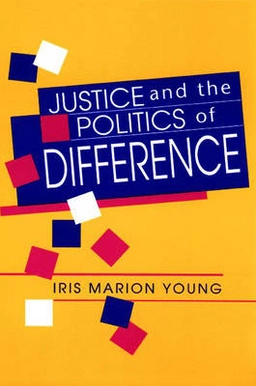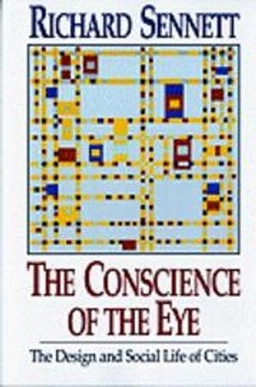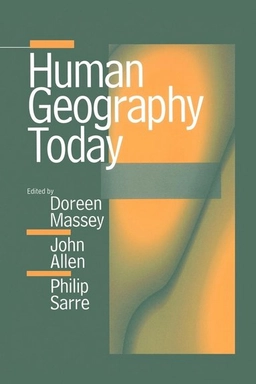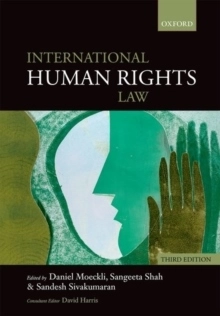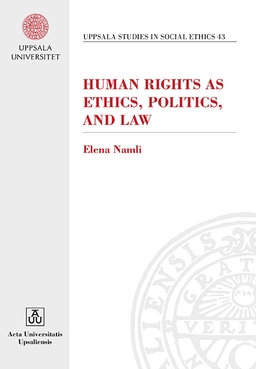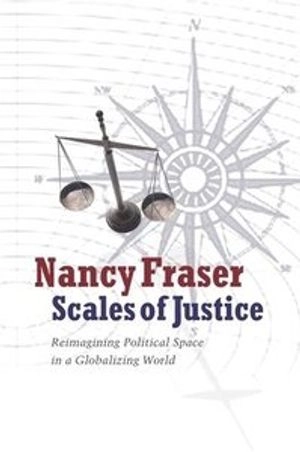

Scales of justice : reimagining political space in a globalizing world
- Utgiven: 2009
- ISBN: 9780231146814
- Sidor: 224 st
- Förlag: Columbia University Press
- Format: Häftad
- Språk: Engelska
Om boken
Åtkomstkoder och digitalt tilläggsmaterial garanteras inte med begagnade böcker
Mer om Scales of justice : reimagining political space in a globalizing world (2009)
2009 släpptes boken Scales of justice : reimagining political space in a globalizing world skriven av Nancy. Fraser. Den är skriven på engelska och består av 224 sidor. Förlaget bakom boken är Columbia University Press.
Köp boken Scales of justice : reimagining political space in a globalizing world på Studentapan och spara pengar.
Referera till Scales of justice : reimagining political space in a globalizing world
Harvard
Oxford
APA
Vancouver




